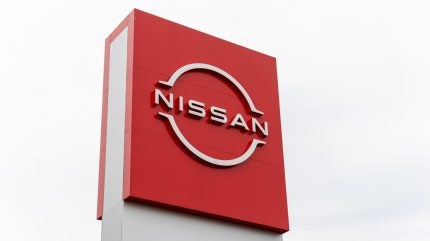
Nissan has successfully convinced a US federal appeals court to decertify ten class actions related to alleged defects in its automatic emergency braking systems.
The 6th US Circuit Court of Appeals in Cincinnati ruled that it was improper for drivers of 14 Nissan models to sue collectively under the laws of ten states; it was claimed the Nissan systems caused sudden stops without reason.

Discover B2B Marketing That Performs
Combine business intelligence and editorial excellence to reach engaged professionals across 36 leading media platforms.
According to Reuters, drivers reported “phantom” activations of the braking systems at locations such as low overpasses, parking garages, and railroad crossings, rather than during imminent collisions.
Chief Judge Jeffrey Sutton, writing for a three-judge panel, noted that some drivers may not have experienced sudden braking or sought repairs.
He also highlighted that Nissan developed “distinct” software upgrades for different models, which seemed to resolve the issue for some drivers, indicating no common defect.
Sutton wrote: “Analysing the various manifestations of the alleged defect is necessary to assess whether common evidence could vindicate the plaintiffs or Nissan on a classwide basis.”
The litigation involved Nissan’s Rogue from 2017 to 2020, Rogue Sport from 2017 to 2021, Altima from 2019 to 2021, and Kicks from 2020 to 2021.
The states involved were California, Connecticut, Florida, Illinois, Massachusetts, Missouri, New York, Ohio, Pennsylvania, and Texas.
Neither the lawyers for the drivers nor Nissan and its lawyers immediately responded to requests for comment, reported the news agency.
In a separate development, Tesla faced a setback as a US judge allowed a consumer lawsuit to proceed, accusing the company of failing to warn buyers about a defect that could cause cars to brake automatically without collision risk.
US District Judge Georgia Alexakis in Chicago trimmed the case but allowed the proposed class action to continue on claims that Tesla concealed the “phantom” braking defect.
Alexakis dismissed other parts of the lawsuit, including claims that drivers overpaid for insurance premiums due to Tesla’s allegedly flawed collision monitoring.
Tesla had sought the dismissal of the entire lawsuit, reported Reuters.
Tesla and the attorneys representing the plaintiffs, two residents from Illinois and Ohio, did not immediately respond to requests for comment.






